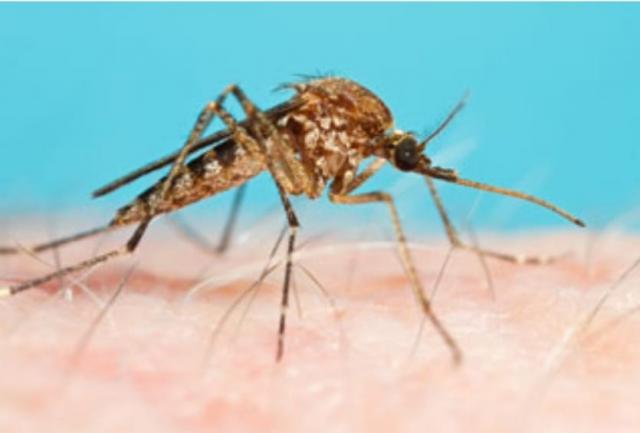The state government is urging Victorians, including those from Maribyrnong and Hobsons Bay, to be proactive in protecting themselves from mosquito-borne diseases this season, with warm weather elevating the risk of transmission in a number of regions across the state.
Inspecting the mosquito surveillance program at LaTrobe University’s AgriBio Centre for AgriBioscience, Health Minister Mary-Anne Thomas said preparation is the key to staying safe.
A joint initiative between the Government and the university, one the centre’s functions is to analyse samples from 60 traps across Victoria to identify mosquito-borne diseases – a task undertaken each week during the mosquito breeding season, between November to late April.
Following last season’s heavy rain and flooding, particularly across parts of northern Victoria, conditions have created an ideal environment for disease in the mosquito population – with critical surveillance work highlighting the risk of illness could be higher than normal this mosquito season.
Mosquito-borne diseases cannot spread from person to person and most cases will be mild, but for some people, transmission can lead to severe and long-term health complications.
These complications are worsened if a mosquito is carrying Japanese encephalitis, Murray Valley encephalitis, Ross River, Barmah Forest, and West Nile viruses.
Simple and practical steps that Victorians can undertake to reduce the risk of being bitten by mosquitoes, include:
Covering up by wearing long, loose-fitting clothing – mosquitos can bite through tight clothing
Using mosquito repellents containing Picaridin or DEET on all exposed skin
Checking the repellent label before applying to children – spraying or rubbing repellent on children’s clothes is recommended, avoiding their skin especially their hands
Limiting outdoor activity if there is a significant uptick in mosquitoes and using ’knockdown’ fly spray, mosquito coils or plug-in repellent while sitting or eating outdoors
Removing stagnant water where mosquitoes can breed around the home or a campsite
Making sure accommodation is fitted with mosquito netting or screens while on holiday
Victorians in high-risk local government areas are also eligible for the Japanese encephalitis vaccines – available at GPs, Aboriginal community-controlled organisations, community pharmacies and local councils.
Ms Thomas said as we spend more time in Victoria’s great outdoors this summer, it’s vital to be aware of the risks associated with mosquito-borne disease and how to prevent transmission, including vaccination and regularly applying repellent.
“The hardworking team at AgriBio play a critical role in forecasting mosquito seasons, helping our health experts provide an early warning to protect Victorians,” she said.








